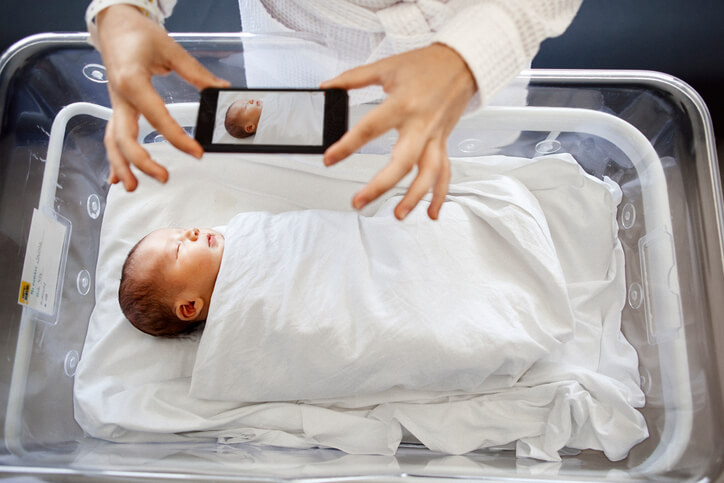Often, intended parents and surrogates ask, “Why aren’t surrogacy agencies regulated?” Knowing that other family-building organizations like private infant adoption agencies and foster care agencies undergo annual review and scrutiny from official government organizations, they may be wary of the fact that surrogacy agencies don’t have this same certification process.
So, how do you know surrogacy agencies are safe if they don’t have this same certification? And why aren’t surrogacy agencies subject to the same scrutiny as other family-building professionals?
The most important thing to know is that just because a surrogacy agency isn’t regulated doesn’t mean it’s a poor choice for your family-building process. Before passing judgement on the lack of regulation, it’s important to recognize exactly why the surrogacy professional field is this way.
It’s Not Because They Don’t Want to Be
You may think that surrogacy agencies take advantage of the lack of regulation: charging whatever they like, offering as many (or as few) services as they deem acceptable, and generally looking out for themselves rather than their clients. And while this may be true with a few organizations, this could not be farther from the mark for most of the surrogacy agencies that exist today.
The best surrogacy agencies today are made up of professionals who have already made their living in the family-building process as trained social workers, medical professionals, lawyers and more. Coming from these fields, they are used to regulation and set internal standards for themselves and their agency. In fact, many of these professionals would welcome a universal regulation and certification process to add credibility to their organization and stand out from the rest. Some professionals today are even advocating for a regulation process for surrogacy agencies.
It’s Because Surrogacy is New and Rapidly Advancing
Unlike other family-building processes like adoption, surrogacy is still a fairly new way of bringing children into a family. Because surrogacy is so heavily based in science, rapid developments in how infertility is treated and the embryo transfer process itself has made it difficult to set standards. If they were to be set, they would have to be constantly updated to reflect the changes in the field.
However, the best surrogacy agencies (like American Surrogacy) stay up-to-date on these changes and reflect them in their programs and the professionals they choose. While national regulation at this point would be incredibly difficult due to these continual changes (not to mention vastly different state laws), the self-regulation that surrogacy agencies perform is an effective way of incorporating modern updates.
How You Can Choose a Professional You Can Trust
Just because a surrogacy agency is not regulated doesn’t mean there is no way of determining whether their program is professional and up-to-date. One of the best ways to determine a surrogacy agency can provide the professional guidance you need is by learning what kind of licensed services they do provide. When considering a surrogacy agency, look for the following:
- Licensed social workers with degrees in their chosen field
- Attorneys who are members of the Academy of Adoption and Assisted Reproductive Technology Attorneys
- Medical professionals who meet the standards of the American Society for Reproductive Medicine
Of course, it’s always a good idea to speak with former and current clients of a surrogacy agency for their opinion on whether the services offered by the professional meet your personal needs and preferences.
Here at American Surrogacy, our surrogacy specialists are licensed social workers and we only work with professional, licensed surrogacy attorneys and medical professionals. Contact us today to learn more about how we keep our surrogacy program up-to-date, safe and regulated in the best interest of our surrogates and intended parents.









